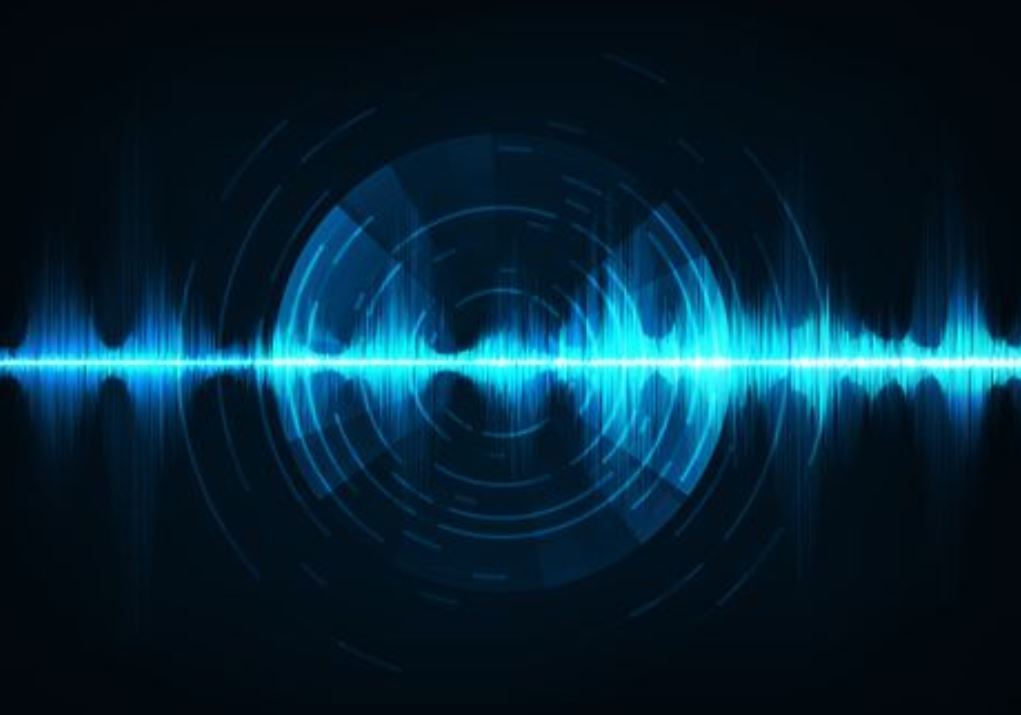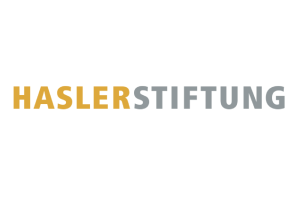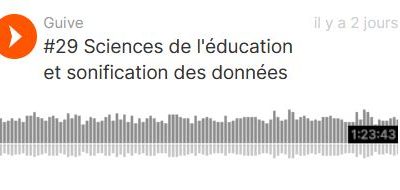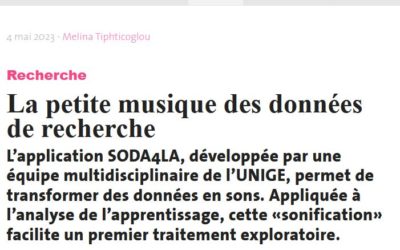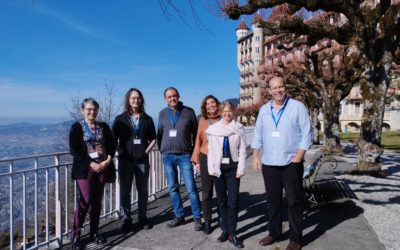Sonification for Learning Analytics
Rhythm and music are used as mnemonic means for teaching young students, series of items such as days of the week or alphabet. Indeed, representing data through sounds offers the opportunity to benefit from human capacity to memorize or monitor complex temporal audio data. As a result, data sonification might be an alternative to data visualization for the analysis of complex datasets. Sonification has already been applied to diverse scientific fields and SODA4LA aims at applying sonification to learning analytics. Indeed, one of the main challenges that data analysts face when they want to understand how a technology-enhanced learning system is used, consists of identifying the actions performed by learners. Traditional approaches for learning analytics are based on data visualization. However, visualization techniques are insufficient for comprehending certain features in the data and we hypothesize that sonification might be a relevant alternative.
We think that new radical ideas are needed for learning analytics and we want to drastically reverse the traditional approach that is actually based on data visualization. We want to explore the potential of data sonification for the analysis of complex datasets in the field of educational sciences. Thus, SODA4LA aims at evaluating the feasibility and the potential value of sonification for learning analytics.
This 10 months project is carried out by a multi-disciplinary team (educational researcher, computer scientist and musicologist). The research plan is grounded on an agile and user-centered methodology for the modeling, design, development, and testing of a software application (SODA4LA) dedicated to data sonification for learning analytics. The usability and utility of the application will be tested by international learning analytics experts during a 3 days workshop. During this workshop, the experts will use their own tools (based on data visualization) and SODA4LA (based on data sonification) for the analysis of a test dataset. This complex dataset entails data collected from more than 400 learners involved in a game-based course. Thus, the potential of data sonification is compared to data visualization. In addition, the international experts will be invited to participate to the writing of a research paper based on the results that emerged.
SODA4LA seeks scientific impacts (a new methodological approach for learning analytics), social impacts (feedback based on sonification for raising students and teachers’ awareness) and economic impacts (new perspectives for EdTech companies).
Durée du projet
04/2022 – 02/2023
Financement
Fondation Hasler
Requérant principal
Eric SANCHEZ, Université de Genève
Collaborateurs engagés dans le projet
André Cibils, Université de Genève
Théophile Houessou, Université de Genève
Nadine Mandran, LIG, Uni de Grenoble
Elsa Paukovics, Université de Genève
Etienne Sanchez, After Geography
Contact
Dernières actualités relatives à cette recherche
Un podcast sur la sonification des données
L'Université de Genève publie un podcast dans lequels sont abordés les travaux du LIP/TECFA sur la sonification des données. [lien vers le podcast]
La petite musique des données…
Développée par André Cibils avec la contribution de Théophile Houessou, stagiaire dans l'équipe, l'application SODA a été mise en lumière dans un article du Journal de l'Université de Genève. [lire l'article sur le site de l'Unige] SODA est une application destinée à...
Séminaire du projet SODA4LA à Caux
Le séminaire du projet SODA4LA s'est tenu à Caux du 20 au 22 février 2023. Cette rencontre a permis de réunir différents experts internationaux pour explorer le potentiel de l'application pour représenter et analyser des traces d'interaction collectées en contexte...

